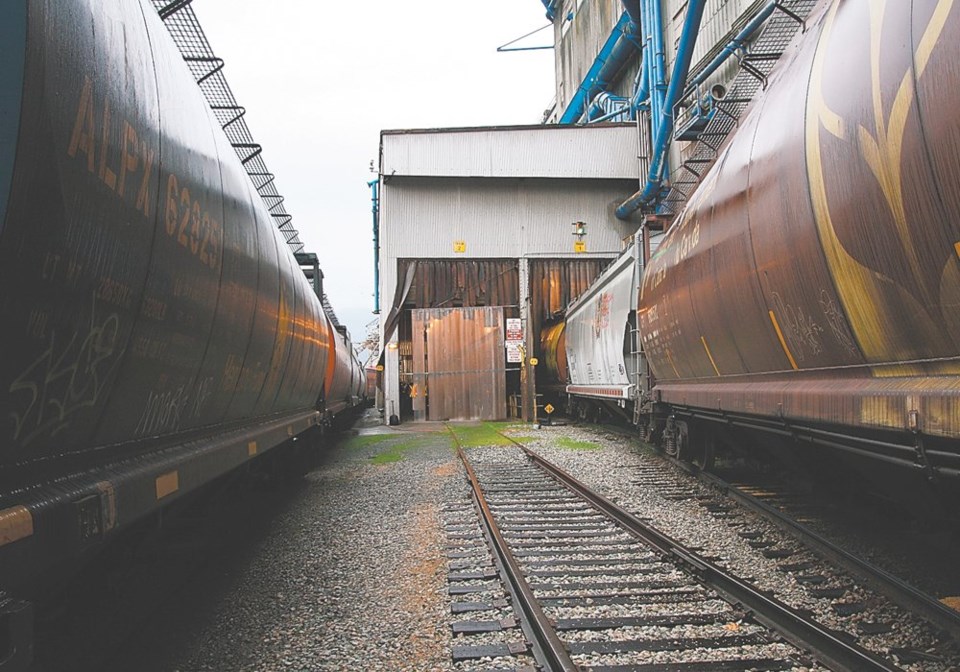WESTERN PRODUCER — A Canadian Pacific Railway strike or lockout would hit hard a cattle sector that is already reeling, says the president of the Canadian Cattlemen’s Association.
Bob Lowe said any labour disruption at the railway would cut a feed lifeline invigorated by imported corn from the United States.
“We’d like to get this into binding arbitration as soon as possible,” Lowe said.
More than 3,000 CP workers were eligible to vote in possible strike action that resulted in 96 percent in favour of taking action if necessary, according to the results released earlier this month, that could see rail workers walk out by March 16.
Mediation talks between CP and Teamsters union officials are expected to take place March 11 to 16 with Lowe hoping the two parties go to or are pushed toward binding arbitration because that will delay job action while a deal is hammered out.
“We’ve got no plan B,” said Lowe. “The reason we’re so reliant on the corn from the U.S. is there is nothing in Western Canada to feed them.”
According to the CCA, if a strike or lockout occurs, there is only enough grain to last one or two weeks to feed more than a million head of cattle currently on feed.
“If the union gets locked out or if they go on strike, the timeline before the trains can come back looks to be at least 12 days minimum before you got things back up rolling to capacity again and we’re sitting here with a corn inventory of around 10 to 15 days,” said Lowe. “So that takes it right to the edge.”
It’s a situation Lowe said comes on top of an already tough year for Canada’s beef industry, which is dealing with feed shortages due to drought in 2021 and wrestling with the effects of a global pandemic and supply chain issues that were exacerbated by protests at the border.
“It’s unimaginable what can happen out of this,” he said of the latest labour strife coming after a work stoppage at southern Alberta’s Cargill beef processing facility was narrowly avoided late last year.
Dave Fulton, Teamster Canada Rail Conference general chair, said the issue for workers comes down to wages, pension and benefits.
While he said he understands the issues faced by producers, he said the Teamsters need CP to come to the table to negotiate.
“The last time we met, CP was there for a total of 30 minutes over a course of three days,” said Fulton. “It’s fair to say there are a few significant issues that we’re polarized on.”
The last decade has seen two short and sharp job actions taken by union members in 2015 and 2018 with the federal government poised to invoke back-to-work legislation.
Fulton says he’d like to see the feds stay out of the fight because it’s in the best interests of both CP and Teamsters to reach their own negotiated settlement.
“We recognize everything that is going on right now and I can tell you the TCRC will make an honest effort to bargain in good faith,” said Fulton.
After nearly a year of struggles, Lowe said the beef sector needs some breathing room to be able to meet what’s expected to be a bullish next few years for the market.
“It seems to me inconceivable that after what all we’ve been through that we get to go through this,” he said. “It just blows my mind.”

